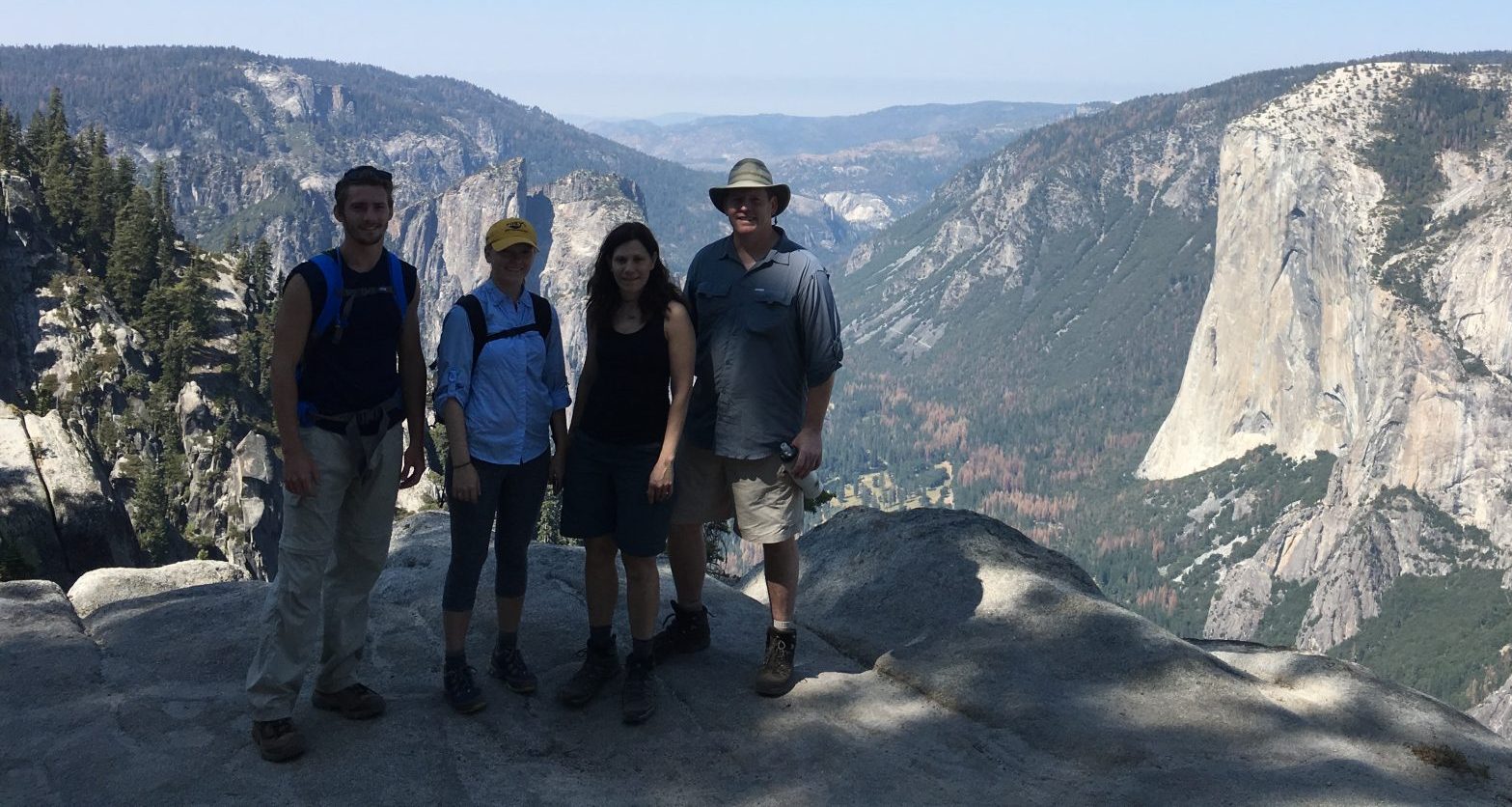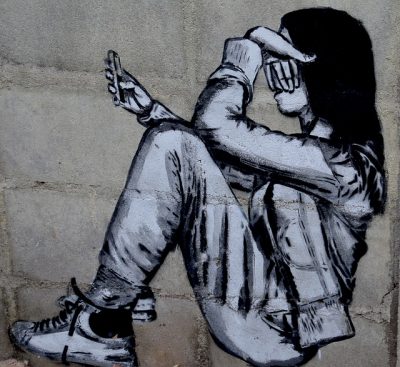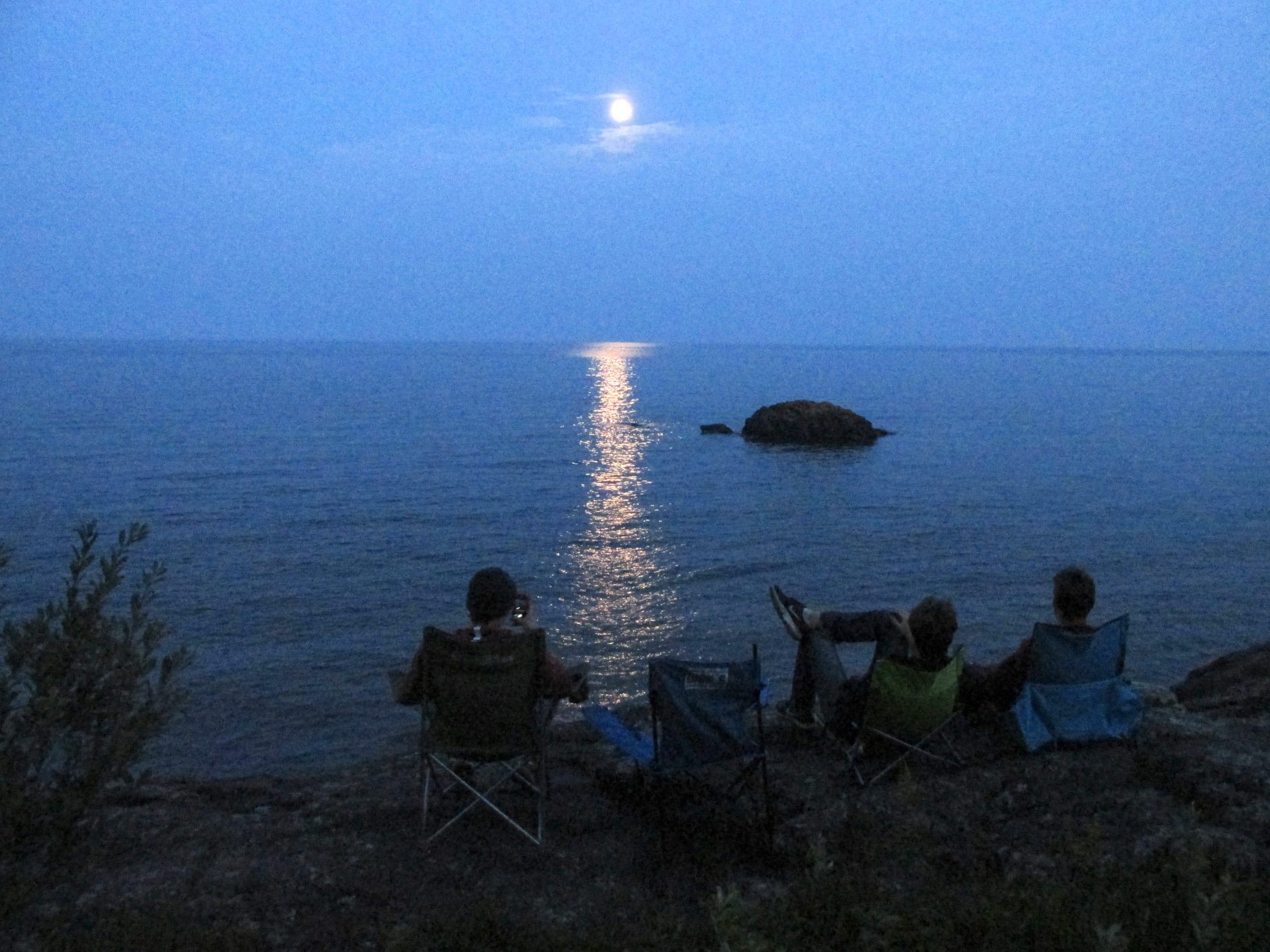Keeping you live in my memories is all I have left.
I wrote to my son almost every day after he died. Each entry began with the day, then months, and eventually year since he left us. In the months, I told him how sorry I was for every mistake I made as his mother. I said how much I loved him and missed him. In the later entries, I was searching to understand why he left and to recount his life during the days and months leading up to his death. In between, I wrote conversations with him as if he would respond back to me.
I created a list of the memories I did not want to forget, as that is all I have now. Those memories flash through my mind when I close my eyes. Why did I not take more videos?
In addition to writing to him, I made a list of the memories I wanted to document, so as time passes into years, I did not forget them. I want my daughter to have these memories so she can share them with her life partner and her children someday; then, they will know her brother, their uncle.
I have adapted some of those entries into this post, reminiscent of Halloween and scary things.
Mid-October 2019. Nineteen months have gone by.
It feels like yesterday and a lifetime ago; “yesterday” because my heart aches the same as the first day you were gone, and it feels like “forever” since I have heard your voice and felt your hug. It is snowing today and unseasonably cold for the second week in October. The days are noticeably shorter. A friend called last night needing a conversation with someone who could understand, I am that someone. It has been eleven months without her daughter. We have been friends for ten months. Through our conversation, we realized the day of the month of your death, and that of her daughter is one day apart. We just figured this out because we do not talk about your deaths. We talk about your lives and what we miss. We then talk about how hard it is to live without each of you.
The cold weather and leaves falling from the wind make me think about Halloween. You love Halloween – the dressing up and socialization. Her daughter does as well. She shares with me a picture of her daughter dressed up as a zombie. Beyond the scary make-up, her big blue eyes draw you in.
Your go-to costume throughout high school and college was a jailbird, you know the striped uniform that you purchased yourself. As you moved from place to place, it moved along with you.

The other costume I remember is one you had in grade school. Your dad designed and built a headless person costume. You could barely see through Dad’s overstuffed shirt as the body, which had holes for eyes so you could look out. A wooden frame sat on your shoulders that held a molded pumpkin head. He put a flashing red light inside the pumpkin head to add an additional scary effect. It was massive for your little frame. You wore Dad’s pants held up with suspenders over your shoulders and big boots. You did not complain and made it through the parade at school, walking through the halls, and trick or treating at night. That costume still sits in the corner of the attic. Historically, I would set it out near the front door as a holiday interior decoration. With you gone and your sister away at school, there is no reason to decorate.

I hope you get to celebrate the holiday in heaven. Whatever costume you choose, have it not too scary. Disney’s Frozen II is releasing to theaters soon. Is going as Sven or Olaf characters from the movie too corny? You so love the first Frozen movie and the music. I am fortunate to have several videos of you singing the original song, “Let It Go” with your friends.
I have read back through prior correspondence with you, meaning me to you; it is silent so far on your end.
My letters are emotionally hard to read again, but several are relevant to the topic of Halloween.
Two months and twenty-five days since you left us.
Last night Dad, your sister, and I watched Jurassic World. The movie came out in 2015, as a sequel to the Jurassic Park series. These days I am doing things I think you would appreciate or encourage me to do, so I am watching this movie. It is a thriller starring Chris Pratt, who also stars in the Marvel Guardians of the Galaxy movies. You are famous for the love of Marvel, and Guardians is my favorites in the Marvel series.
Watching this movie reminded me of the experience you had after seeing a scary movie. One of the three girls in your friend group likes horror movies. You had watched a movie that evening with your friends at her house. You came into our room late that night, saying you could not sleep because you kept hearing clapping hands. Your closet doors sometimes bang from the wind coming through the attic door that provides access over the porch. I grabbed a sleeping bag and your pillows, and you slept on our bedroom floor that night.
I felt needed again, able to comfort you like when you were little, coming into our room in the middle of the night, and crawling into our bed, snuggling in between Dad and me.
The movie was The Conjuring, released in 2013. I tried to watch the trailer but could not get through it as it was too scary for me: clapping hands coming from the closet in the movie while the haunted play a game of Hide and Seek. I hate scary movies.
One month and ten days since you left us.
I am a serious person but I love jokes. There is one I never got to share with you.
You have a great sense of humor. It is dry, and with a straight face, you tell one-line zingers. I, on the other hand, have no sense of humor, but one joke came to mind I wanted to share with you the next time I would see you. Friday, your sister arrived home on spring break. She and I talked about the recent Oscar-winning movies. Get Out won the best original screenplay. It is on the thriller spectrum but not quite a horror show. Tolerably frightening, but really good. The story centers around young adults, so it is set more for your generation. We then immediately went on to a different conversation where she was telling me something. In an elongated loud response, I said, “Get out,” pushing her forward on her shoulders. You know, saying it as a popular phrase in response to something unbelievable. We laughed, and I told her I was going to use that joke on you when we met for dinner on Saturday. That time never came.
Present Day
My “get out” joke was irrelevant. I still hate scary movies. We are making plans to see Frozen II, and I really miss you.
Consoling Partners
A friend sent me a text message, “Is group tonight? I am having a tough day. It is the eleventh month anniversary of her death.” I read her message after yoga class and called her back on the way home. We try to be each other’s consoling partners. Both our adult children recently died from mental illness.
The usual grief support group meeting I attend, and she occasionally attends, is taking a break, and we were exploring other alternatives. We decided for that night, we would be each other’s support group and continued our conversation.
I am sure our conversation started something like, “Bad day?” “Me too? Have you tried yoga to relieve the stress in your muscles? How about a massage?”
My body hurts every day. The first year after his death, the pain resided in the pit of my stomach like I swallowed a watermelon, and a twenty-pound weight was compressing my heart and lungs. My legs felt heavy as I would walk up the stairs each night to go through the ritual of lying in bed, awake for hours until I eventually gave in to taking a prescribed sleep aid.
Nowadays, the pain has moved out of my chest and to my shoulders, neck, and arms. My friend relays she scheduled a massage. We are supposed to be gentle to ourselves, so I give her encouragement for thinking of herself. I sign up for a foam rolling class.
Everything is Horrible and Wonderful
We move on to another subject. I share I am reading the memoir Everything Is Horrible and Wonderful. I explained the premise of the book, a sibling writing about her life and the death of her only sibling from addiction.
These days I read memoirs on grief and loss because I am looking for perspectives from people like me, experiencing a traumatic loss that changes any semblance of the life you had and vision for the future. I consider them as supplemental reading to my support group.
After sharing the synopsis of the book, I said, “I have not gotten to the wonderful part yet,” and we both broke out cynically laughing because life is no longer wonderful. Initially, I meant that part of the book, but then I realized I was talking about myself. I am very much living in the horrible period of life. My life is in two pieces. There is the before my son died, and then after.
In retrospect, I think the author meant wonderful is her brother, the memories with him, and the impact he had on her and the greater society, as he was a famous comedic writer and actor. For me, it is our family when the four of us were together, my son, daughter, and their father. I contemplate, is wonderful gone forever?
Life is not wonderful anymore; it is different.
Wonderful for me, is our family when the four of us were together, my son, daughter, and their father. I contemplate, is wonderful gone forever?
It seemed like yesterday when he was here, yet an eternity. It has been nineteen months since his death. He was a part of my life for nearly twenty-four years. It is too early to say what life will be like for the three of us other than I wake up thinking about him as the first thing of my day. At night the routine of watching the Late Show with Steven Colbert helps my brain settle until the sleep aid kicks in. Most hours, in-between, are irrelevant.
The three of us have done some things to move life forward. My daughter is continuing her academic education; it has not been easy considering the circumstances. We bought a piece of property along Lake Superior as a sanctuary. We are enjoying the property as we prepare to build a home. We even camp, which I said I would never do again. We raise money for grassroots programs supporting mental illness. I also returned to running because a one-size increase in pants was enough.


I pay someone to clean my house once a month, something I previously refused to consider. My husband hires the lawn mowing out. I work from home and rarely wear makeup anymore. What we do for dinner is dependent on whether going out requires wearing makeup, so more take-out. I walk our ninety-pound yellow Labrador in the middle of the workday because I cannot sit still through a typical workday.
A friend and parent who I met at Suicide Survivors, a support group, shared, “Life definitely will never be the same as before.” She is correct. Life is not wonderful; it is different.
An Internet troll is a slag for a cyberbully. You do not need to be famous to attract trolls because a person trolled me. This incident brought back my memories of being bullied and the heart-wrenching feelings when I read about my son's experience after his death. In his own words.
I have minimal followers on social media. The few comments readers post are supporting. Readers share my writing is emotionally moving. They feel a connection to my stories. Some share their own stories. Others post, thanking me for telling my personal, heartbreaking, and poignant journey of losing my child. Through my writing, I put words to grief. They get to know my son, a wonderful person sharing all that is good in this world, bringing joy to those who knew him.
It was a message that caught me off guard, and my heart sank. I wanted it gone immediately off my computer screen.
On one occasion, when I was going through a particular social media account, the little speech-bubble icon located in the top right-hand corner was highlighted. “This is new,” I thought. I rolled my cursor over the top, not opening the message completely. I saw enough to understand this was a negative message. It was addressed to me using condescending descriptors. Words in the visible sentence contained symbols in place of letters with enough of the letters to know it was offensive. I was caught off guard and wanted it gone immediately. I right-clicked the mouse and hit delete before the message opened to my full view.

I barely know what it said, but it made my heart slump. In came the negative feelings. Why did this get to me? I am an adult who has experienced bullying before. What kind of person has no empathy for a parent grieving the loss of their child from a mental illness? People can be so harsh when fueled by anonymity. I shut my computer down and walk away, contemplating what to do.
Being passive-aggressive is in my nature. I want to stealth in and prevent the person from accessing my social media account.
I am from the Midwest and a Minnesotan, and we are known for avoiding confirmation. It is one of the behavioral traits common to life-long Minnesotans. Minnesotans are so well known for these traits; there is a name for them, Minnesota nice. Because of my passive-aggressive nature, I wanted to take revenge on this person by banning the writer from accessing what I post. Unfortunately, banning is not an option, and by deleting the message, I lost the opportunity to convey a response.
Later that week, I shared the incident at my next support group meeting. They are loss survivors, but many are friends. One astute friend said, “You have been trolled.” I had an idea of what he meant, but I looked it up to be sure. It is bad. Social media trolls are online bullies.
An internet troll is “a person who starts quarrels or upsets people on the Internet to distract and sow discord by posting inflammatory and digressive, extraneous, or off-topic messages with the intent of provoking readers into displaying emotional responses done for amusement or a specific gain,” (Wikipedia).
My friend went on, “Your blog got to someone. The person is negative because you touched an emotion.”
Their message was about themself and had nothing to do with me.
Most of my writing is about grief, loss, mental illness, and about my son. Perhaps they needed to lash out because they had an emotion they did not want to feel themselves, and what I wrote was bringing them closer to that feeling. It is a guessing game why they wrote those negative things to me. I like the angle my friend took. Their message was about themselves and had nothing to do with me.
Take a deep breath. Stay calm. Do not reply to an Internet troll.

Thankfully, I did the right thing by ignoring it. I went again to the Internet, and there is a lot written on how to respond to online bullies, primarity not to respond. Internet trolls are trying to spin up discord, so the first rule is to ignore them.
I am an adult and been through things, so I have thicker skin. How do our children handle being a victim of cyberbullying or any form of bullying?
More than 20 percent of high school students report being bullied in any given year. It leads to higher rates of depression and anxiety and contributes to suicides (NAMI.org).
NAMI.org (National Alliance on Mental Illness) shares a description of the forms of bullying, and it goes beyond physical. While growing up, a common saying was, “Sticks and stones may break my bones, but words will never heart me.” Well, words hurt, and from my experience, they hurt worse. Because of social media, negative comments, pictures, and posts can quickly explode on the internet. Bullying destroys self-esteem and can impact adulthood. It goes beyond the targeted person, to include those who witness the bullying acts.
I clearly remember my experience of being bullied and witnessing that towards my older brother. My family moved around a lot, so we were always the new kids, making us targets. The worse experience occurred while attending a Catholic school in a small Midwest town. The place you would least expect it. It continued for two years and left its mark on me.
Intentionally excluding someone from a group is a form of being bullied. My son wrote about his experience and the impact it had on his life.
My son wrote about his experience of being bullied while in junior high and early high school. I found a story on his computer after he died. It was a writing assignment for a college course. He wrote about a time in his life when he did not have any friends. There were many weekends where no classmates were available for socialization, he returning to school to hear about everyone else’s gatherings. The bullying he experienced came in the form of exclusion. Intentional exclusion gave the bullies power at the expense of my son. It is hard to remember that time, as before and after there were a lot of friends.
In his writing, he recalled the experiences with great detail and emotion, as if it recently happened. While reading it, I felt like I was experiencing it with him, my heartbreaking, having to pause to gain strength to keep reading.
As an adult, my son made it a point to be inclusive. He was accepting and non-judgmental, open to opinions and ideas — these traits carved from being bullied.
October is National Bullying Prevention Month. Add a post to raise awareness and put an end to bullying and cyberbullying!
By the way, I started writing this blog entry in September, but my delay to October appropriately aligns it with National Bullying Prevention Month.
Here is how you can help. You can participate in raising awareness to prevent bullying. In October, incorporate advocacy in your social media posts. Forgo sharing that perfect picture of your dinner and replace it with a campaign to end bullying. You can also donate to StompOutBullying.org a leading national bullying and cyberbullying prevention organization for kids and teens. You can find resources and inspiration on their site.



